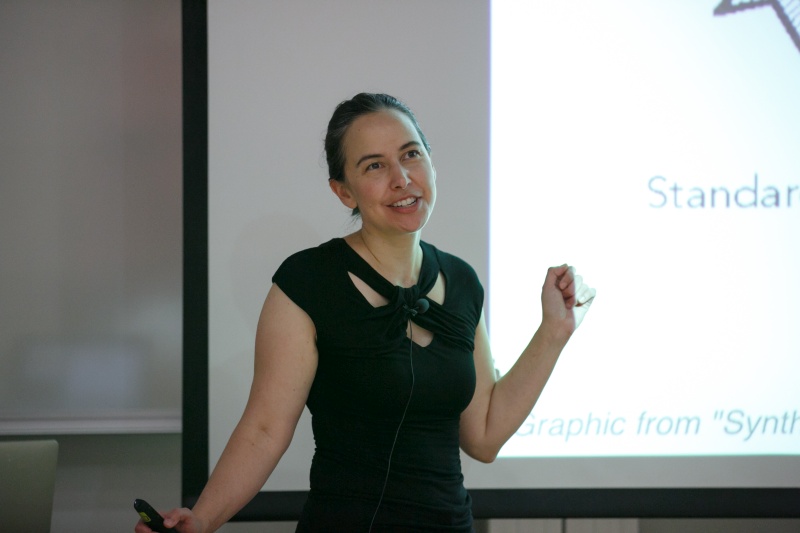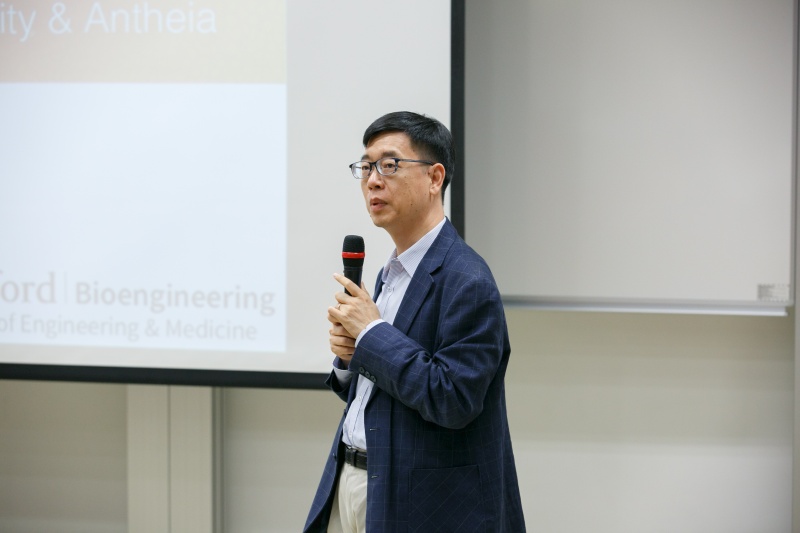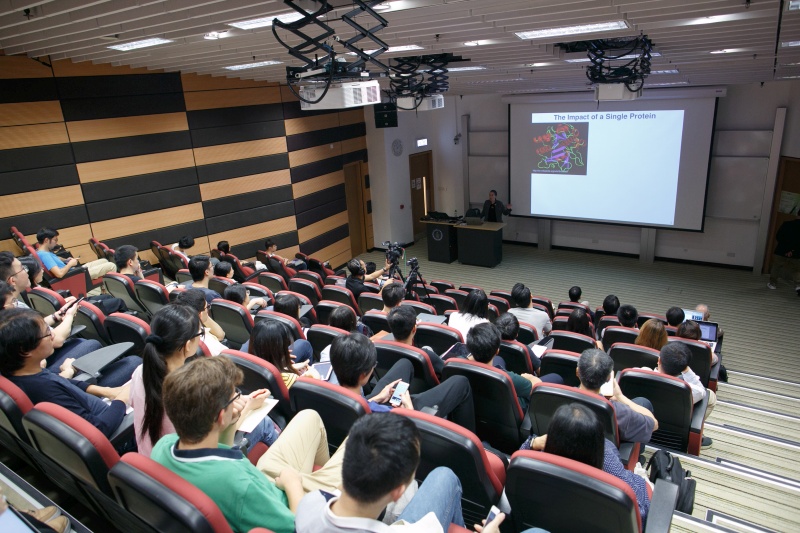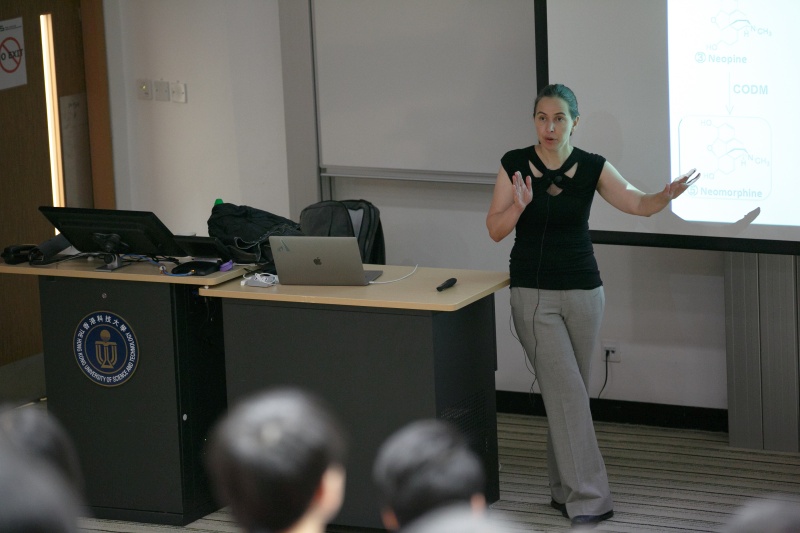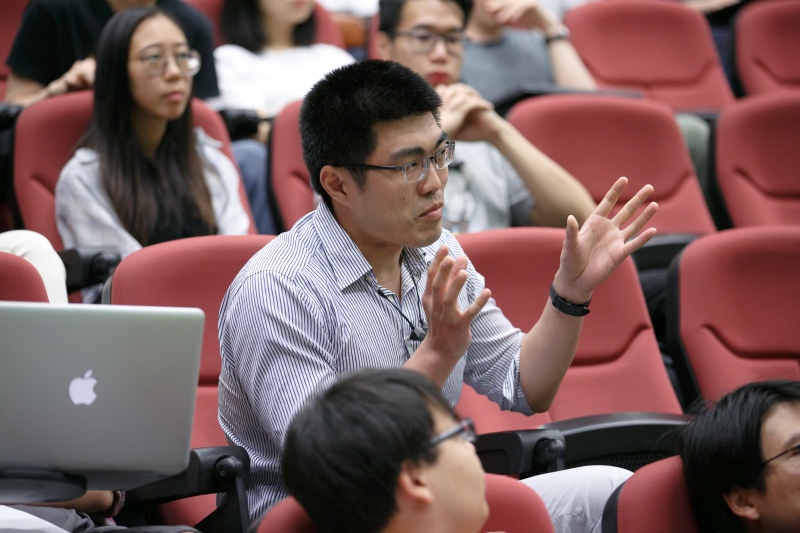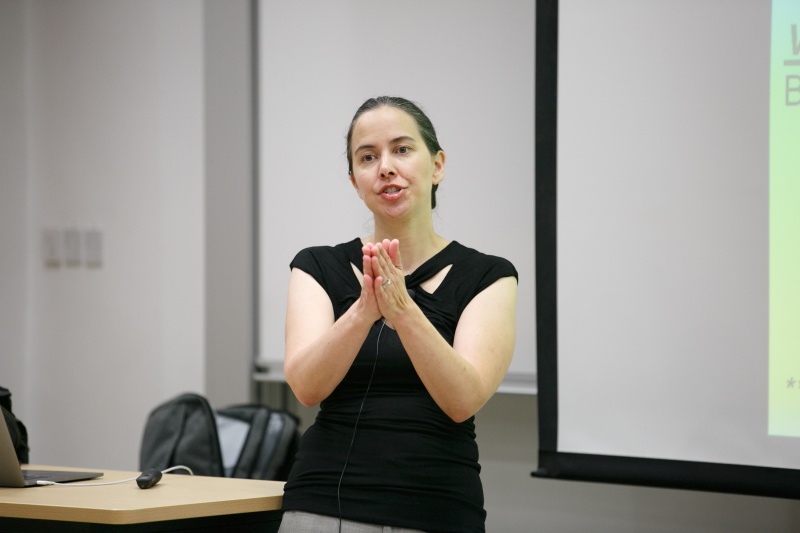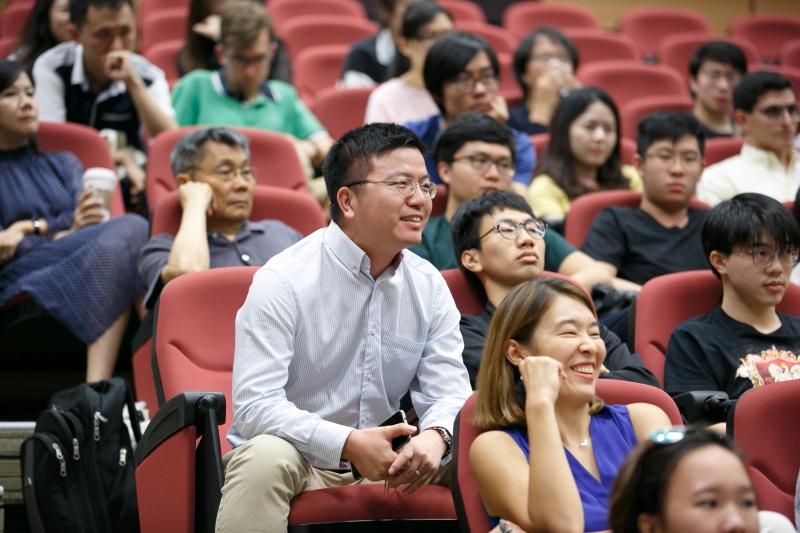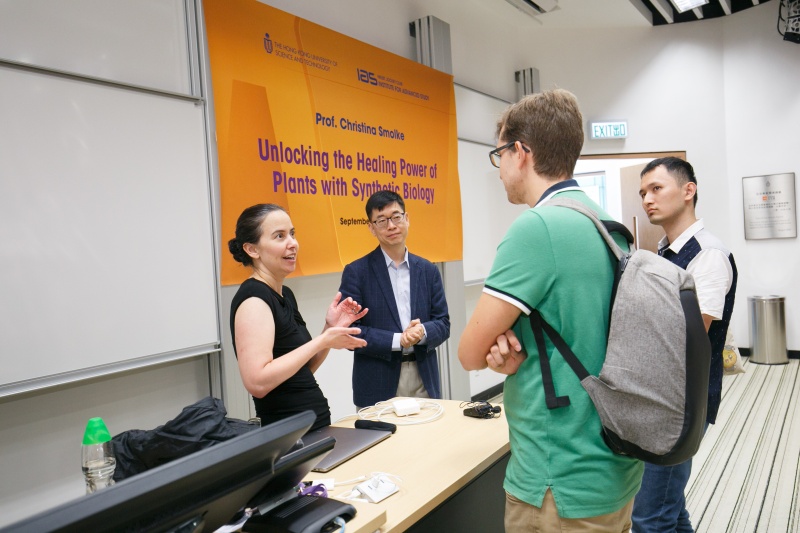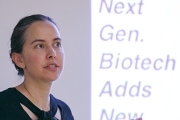Unlocking the Healing Power of Plants with Synthetic Biology
Abstract
Although natural products comprise 60% of the small molecule therapeutics market, numerous challenges arise in conventional natural products-based drug discovery and production. Recent breakthroughs in the field of synthetic biology have demonstrated how to use microorganisms such as brewer’s yeast to make plant-derived medicines that match the most complicated known biosynthetic pathways found in nature. The ability to engineer self-replicating, precision chemical factories that build complex natural product-inspired scaffolds from the atoms up, will accelerate the discovery of new medicines while scaling bioproduction of existing essential medicines.
About the speaker
Prof. Christina Smolke received her PhD in Chemical Engineering from University of California, Berkeley in 2001 and joined California Institute of Technology as an Assistant Professor in 2003. In 2010, she moved to Stanford University and is currently the Professor (Research) of Bioengineering and, by courtesy, of Chemical Engineering there.
Prof. Smolke's research focuses on developing modular genetic platforms for programming information processing and control functions in living systems, resulting in transformative technologies for engineering, manipulating, and probing biological systems. She has pioneered the design and application of a broad class of RNA molecules, called RNA devices, that process and transmit user-specified input signals to targeted protein outputs, thereby linking molecular computation to gene expression.
Prof. Smolke is the Co-founder and CEO of Antheia and the Co-founder of Chimera Bioengineering. Her impact in advancing the frontiers of biotechnology has been recognized with numerous awards and nominations, including the AIMBE College of Fellows (2016), the US National Institute of Health Director’s Pioneer Award (2012-2017), the World Technology Award in Biotechnology (2009), and the MIT TR35 Top Young Innovators Award (2004). She has been listed in Nature’s 10 people who mattered in science in the year of 2015.

